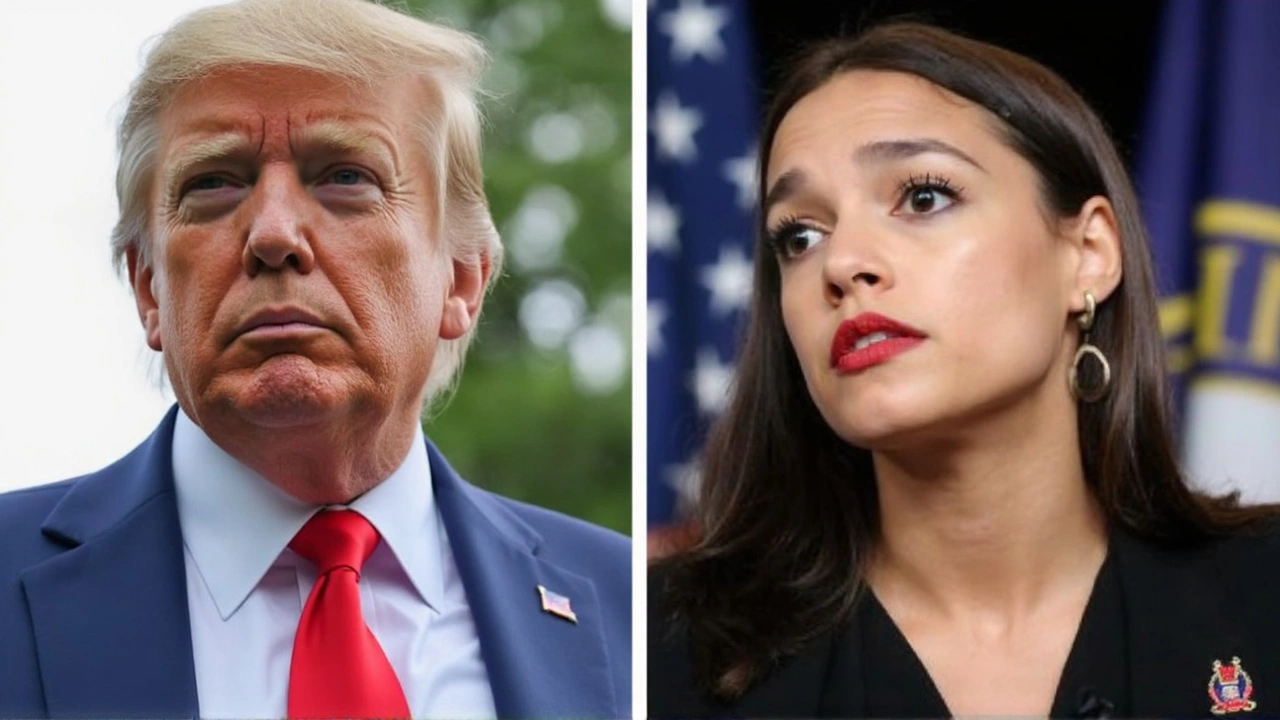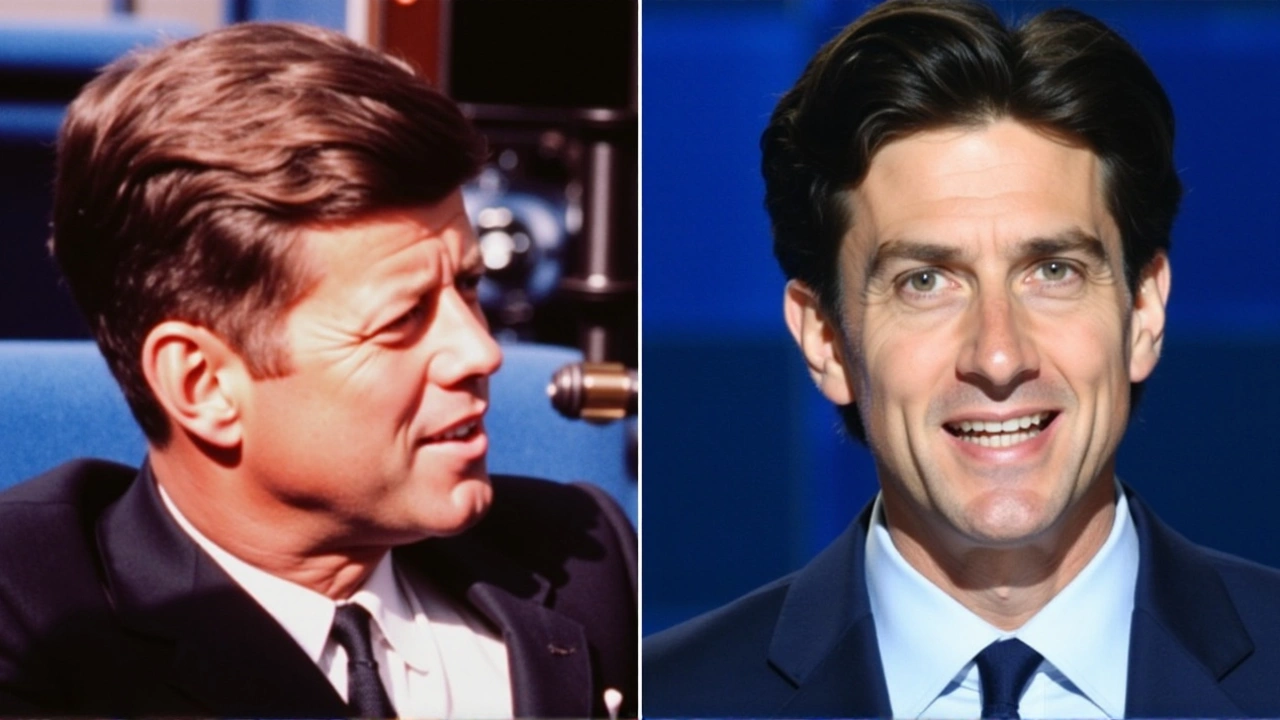Conspiracy Theories: What Fans Talk About and Why
If you follow football, you’ve probably heard a story that sounds like a plot twist – a hidden agenda, a secret deal, a referee’s bias. These are conspiracy theories, and they spread fast because they mix drama with a hint of truth. In this guide we’ll break down why they stick, which ones are most common, and how to tell fact from fiction.
Why conspiracy theories grab attention
People love a good mystery. When a match ends in a surprise, the brain looks for an easy explanation. Blaming a secret pact or a hidden agenda feels more satisfying than admitting a simple mistake or a great performance. Social media fuels the cycle – a single tweet can turn a half‑truth into a full‑blown story in minutes.
Another reason is control. If fans think they understand the hidden forces, they feel less powerless about a loss. Theories also create a sense of belonging: sharing a rumor makes you part of a community that ‘gets the truth.’ That’s why you’ll see fans arguing over everything from transfer fees to referee appointments.
Top football conspiracies you’ll hear
1. The “Barcelona” switch for star players. Whenever a top striker is under pressure, you’ll see posts claiming a secret deal with Barcelona is underway. The story often cites unnamed “club legends” and vague financial talks. In reality, most clubs keep negotiations private, and no concrete evidence surfaces.
2. Referee rigging. Fans love to point at a controversial penalty and claim the referee is in a league’s pocket. While mistakes happen, there’s no proof of systematic bias. The Premier League even publishes referee reports to increase transparency.
3. Transfer market manipulation. Rumors of clubs inflating prices to block rivals are common. Some cases involve undisclosed sell‑on clauses, but the majority of deals follow market values set by agents and clubs. If a player moves for less than expected, it’s often due to contract clauses, not a secret plot.
These examples show how a grain of truth can become a full‑blown theory. To stay grounded, ask three simple questions: Who benefits? Is there solid evidence? Have reputable sources reported it? If the answer is “no” to any, the story is probably just hype.
Conspiracy theories aren’t all bad. They keep fans engaged and spark debate, which can be fun as long as you keep a healthy dose of skepticism. The next time you see a wild claim, pause, check a reliable source, and decide if it’s worth sharing. That’s the best way to enjoy the drama without getting lost in the noise.

